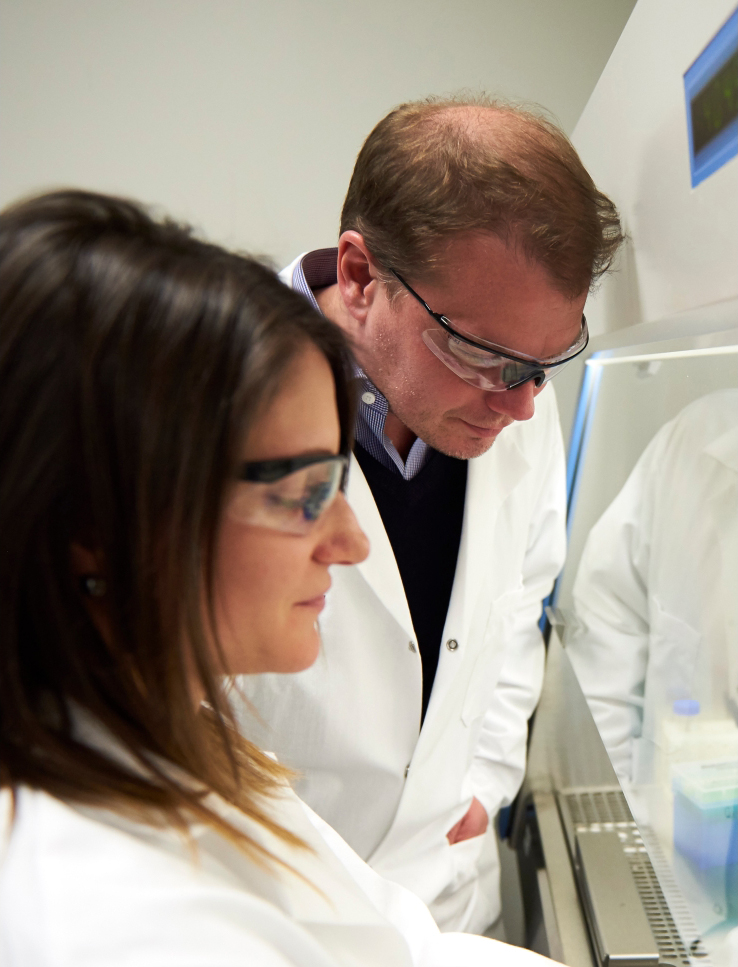Research
Imagine being able to target cancer tumors with powerful therapies while leaving healthy cells untouched, create face masks that detect and kill viruses instantly, repair devastating spinal cord injuries with nanoscale materials that regrow bone and create these nanoscale materials en masse with 3D printing, and clean oil spills and polluted water with nanosponges without harming fish and animal life.
The possibilities for nanotechnology research sound like science fiction, but they’re closer than ever to everyday life.
Through strategic partnerships and support from visionary donors, foundations, and federal agencies, researchers at the IIN are working to address the world’s most pressing problems using materials and processes at the nanoscale.
